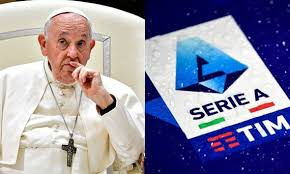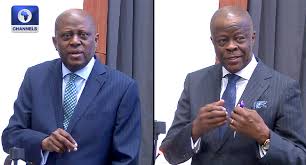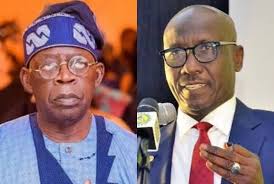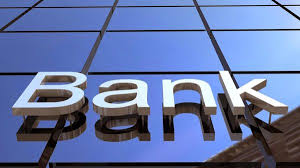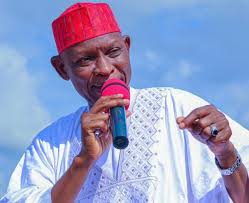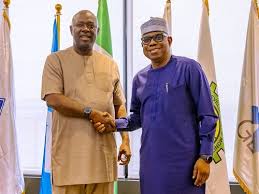By Charles Ebi
Passengers travelling to various destinations from Abuja have lamented the soaring cost of transport fares during the Easter period.
They said the hike in transport fares would hinder many Christians from travelling to see their loved ones, as they could not afford the charges.
The passengers made their complaints in separate interviews with journalists in Abuja.
Mrs Adedayo Olorunshola, a public servant, who was going to Lagos from Area One Park, expressed concern over transport service charges during festive period, when compared to what she paid from Lagos on January 27.
She said she paid N27,000 to return from Lagos on an 18-seater bus but now N45,000 is paid to go Lagos from Abuja by the same type of bus.
A paint seller, Mr Musa Ibrahim, who boarded a car going to Kano with N10,000, blamed commercial drivers waiting for the festive season to exploit commuters.
“Last time I went to Kano in February, it was 7,500. I have observed, transport fares typically surge during Easter due to high demand, with prices rising by 20 to 30% compared to regular periods.
“However, some years witnessed low passenger’ turnout, attributing it to economic factors, with many people opting to celebrate Easter with limited resources rather than traveling”, he said.
Mr Isa Kato, a union member at Area One park, said that before Easter period, the transport fare from Abuja to Akwa Ibom was N38,000 but now N55,000 Kato said, “Abuja to Makurdi, before it was N5, 300 but now N8,500
A couple at Jabi park, Mr Precious Ebenezer and Mrs Mary Ebenezer, attributed the hike in transport fares to rising fuel prices, urging the Federal Government to intensify efforts to reduce the rising fuel prices.
The couple, who said that the price of petrol was still high at N950, advised that reasonable reduction of fuel price would drastically reduce the transport charges, even at the festive celebration.
“The price of petrol is still high. This also contributes to increased transportation costs, although transport companies may absorb some of these costs to maintain affordability.
“The Government`s initiative during the 2024 Christmas season, which halved fares for travellers on 144 routes, was commendable. Nothing bad if the government can do this during other festive celebrations like Easter as palliatives”.
Mr Taiwo Osobu, Chairman, Intercity Bus, National Union of Road Transport Workers ,NURTW, Jabi Park, said intercity bus fares varied depending on the routes, types of vehicles and their amenities.
According to him, Abuja to Lagos range from N27 to N57,000 for a 15/16-seater bus. Abuja to Enugu stands between N37,000 and N60,000 for a seven-seater space.
He affirmed that transport companies considered fuel costs, demand, and passenger’s comfort when fixing the fares.
Mr Tunde Olaifa, a medical practitioner expressed dissatisfaction over the increase in transport fares at the Gwagwalada Park.
“I paid N20,000 as transport charge to board a Siena vehicle from Ile-Ife, Osun State to Abuja a month ago, and I have just paid N30,000 as fare to return”, Olaifa said.
Mrs Anita Ogene, a business woman, described as outrageous the N22,000 she paid to board a bus going to Auchi, Edo State when compared with previous travelling experiences.
Ogene said that many of her friends preferred calling to greet the loved ones as the transport fare was seemingly unbearable during the Easter period.
Mr Mustapher Saliu, the Chairman, Road Transport Employers Association of Nigeria ,RTEAN, Gwagwalada Chapter, however, said his association still maintained its fares it charged commuters before and during Easter period
According to Saliu, the impact of Easter celebration does not affect our previous charges at the park.
“There is no any change in price as we were carrying before. We decide to maintain the price and manage our vehicles considering we are all Nigerians.
“ We don’t go to the North. We go South – West and East. Like we did before, drivers collected N25,000 from Benin passengers and N22,000 from Auchi passengers.
“So, Lagos bus is collecting N17,000 or N18,000 from passengers, Siena is carrying N30,000, among others. We have a stable prices since January”, he said.
Saliu appealed to Federal and State Governments to intensify efforts in repairing bad roads as the hoodlum used the avenue to attack their vehicles on transit.
He said many drivers experienced kidnappers and armed robbers’ attack on Lokoja to Akure road due to bad road.
They often attack our motors and do bad things to our passengers. So, road is a major challenge to us.
“If the road is good, the bad people can’t stand on the main road and stop the vehicles. We still appeal to the government.
“Also, the bad roads do spoil our vehicles. Motor spare parts are cost and unbearable now. We beg the government to help us”, he said.


